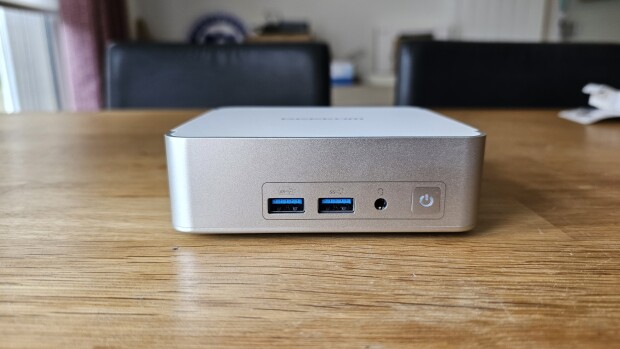A few weeks back, Microsoft announced Active Directory authentication support for Azure Files in preview. In more recent cloud-related news, the tech giant stated at NVIDIA's on-going GTC event yesterday that it has expanded upon the NVIDIA T4 Tensor Core GPU version of the Azure Stack Edge.
Those who have been keeping up with Azure news in the past may recall that Azure Dedicated Hosts became generally available nearing the end of last year. For those who are unaware of the service, it enables the deployment and hosting of Azure Virtual Machines (VMs) for Windows Server and Linux on a single-tenant physical server.

Now, Microsoft has announced new capabilities that have been introduced to the service since its preview phase. These include cost-saving reservations, maintenance control, further options with SKUs, and Resource Health alerts.
For starters, reservations for Dedicated Hosts allow for discounted prices to be availed for all reservation-compatible, dedicated hosts automatically. Since this means that reservations do not need to be applied individually, even deleted and newly created hosts may become part of the program without specific user prompts. You can check out pricing options here.
Moving on, the maintenance control capability enables complete user control over platform maintenance operations. This is particularly useful in delaying platform updates - ones that don't require a reboot - and batching them into a single update package which applies within a 35-day rolling window. In regards to various VM series and host types, Microsoft has improved upon the support initially offered with Dedicated Hosts' preview. Currently, Intel and AMD SKUs with a variety of VM series - including Dsv3, Esv3, Dasv4, Easv4, Fsv2, Lsv2, and Msv2 - are supported.
And finally, "near real-time" Resource Health alerts have also been added. These provide users the ability to create personalized alerts in bulk. You can learn how to create alerts using the Azure Resource Mananger template as shown here. To get more information on how to create action groups and the steps to be taken once an alert is triggered, you can check out the action group documentation here.


















0 Comments - Add comment